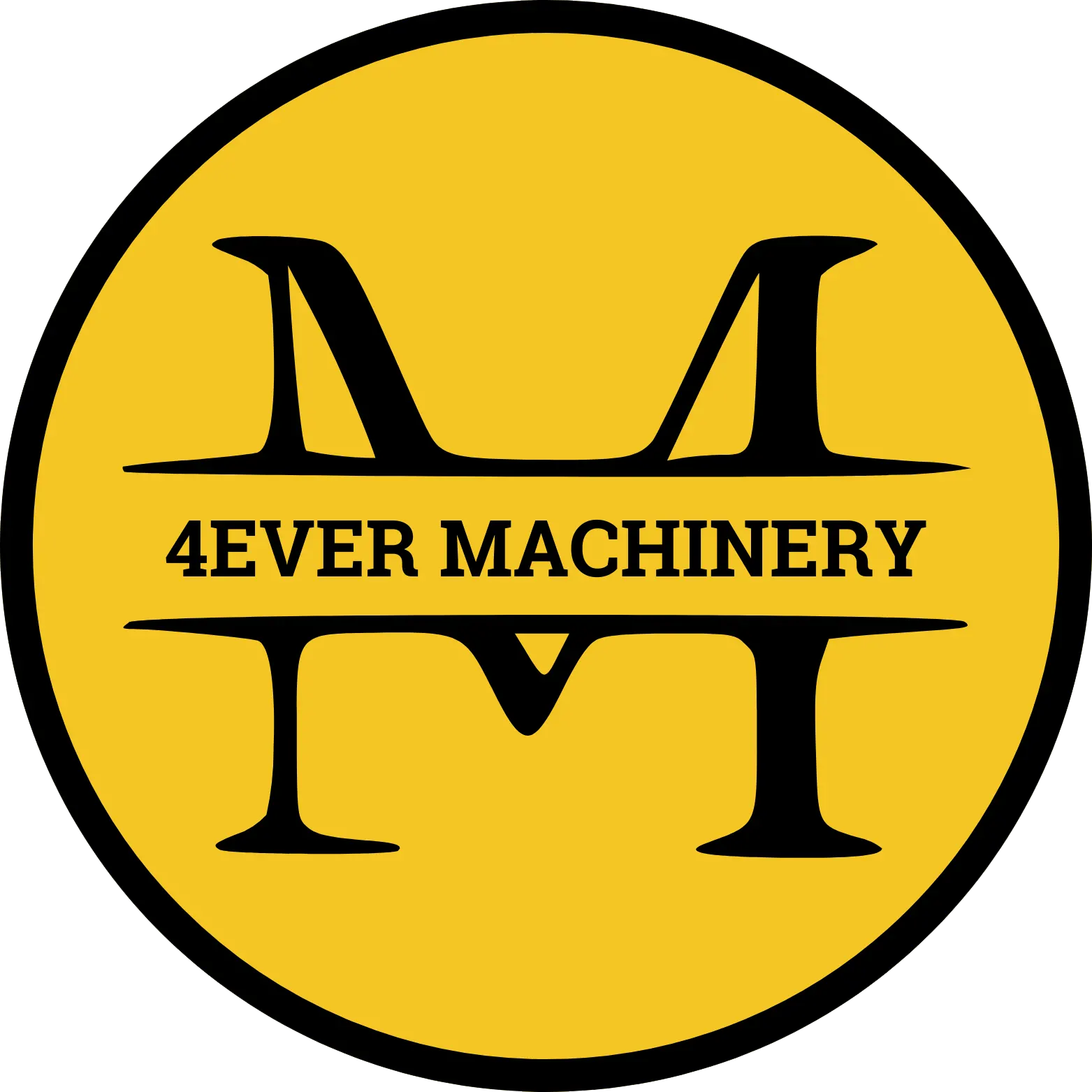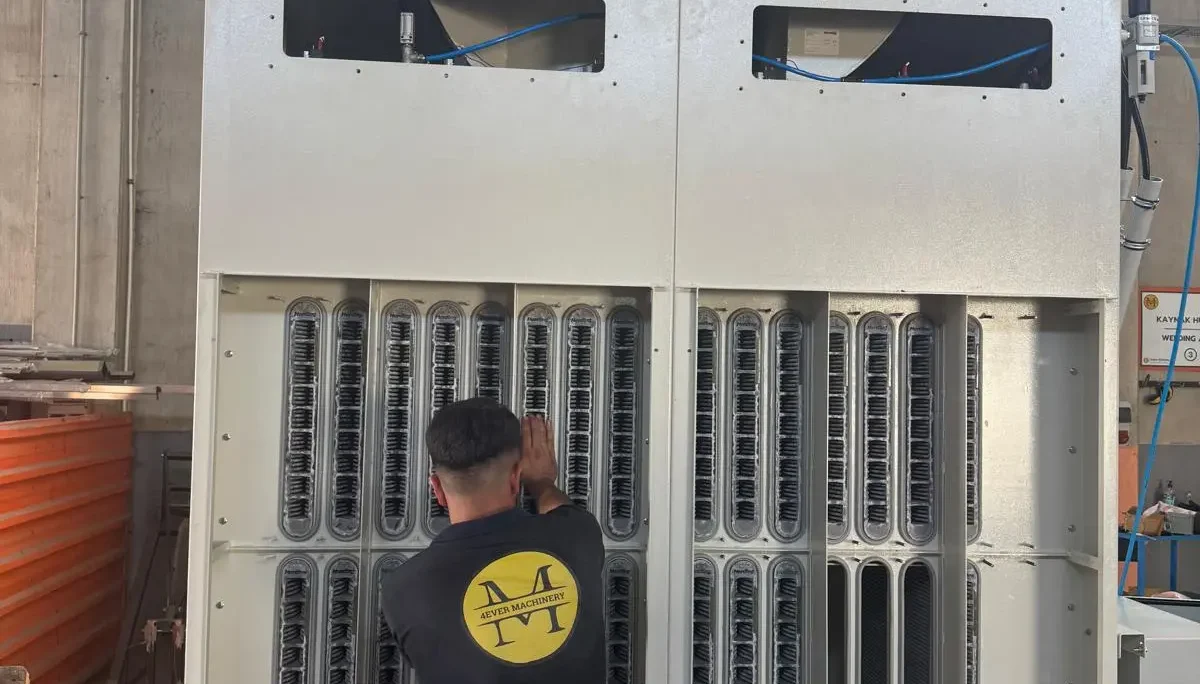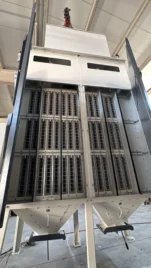Dust Collection Systems: Clean Air, Efficiency, and Safety in Industry
In today’s industrial environments, efficiency is just as important as health and safety. During production processes, dust, fumes, and harmful particles not only threaten worker health but also shorten the lifespan of machines, reduce product quality, and harm the environment. For this reason, dust collection systems have become an essential solution in modern industry.
What Are Dust Collection Systems?
Dust collection systems are designed to capture dust and particles generated during production, filter them from the air, and safely collect them for disposal or recycling. These systems typically consist of fans, filtration units, ductwork, and collection bins. Their main purpose is to improve indoor air quality while minimizing harmful emissions released into the environment.
Why Are Dust Collection Systems Important?
1. Worker Health and Safety:
Prolonged exposure to dusty environments can lead to respiratory problems, allergies, and occupational diseases. This risk is especially high in industries such as metalworking, woodworking, chemicals, and food production. Dust collection systems play a critical role in meeting workplace safety standards.
2. Machine Lifespan and Efficiency:
Dust buildup inside machines reduces performance and causes breakdowns. A well-designed dust collection system reduces maintenance needs and improves overall efficiency.
3. Product Quality:
A clean production environment has a direct impact on the final product. In sensitive industries like food, pharmaceuticals, and chemicals, maintaining dust-free operations is essential.
4. Environmental Compliance:
Environmental regulations require industrial facilities to control air pollution. Properly designed dust collection systems not only support eco-friendly production but also ensure legal compliance.
How Do Dust Collection Systems Work?
The operation of a dust collection system can be summarized in four steps:
- Air Intake: Fans pull contaminated air from the production area.
- Filtration: Dust and particles are captured by filters, which may vary by application (cartridge filters, bag filters, etc.).
- Clean Air Return: Filtered air is safely released back into the environment or the workspace.
- Dust Collection: Particles are stored in a bin for disposal or recycling.
Key Applications
Dust collection systems are widely used in many sectors, including:
- Metalworking: Welding, grinding, cutting
- Woodworking: Carpentry, furniture manufacturing
- Chemical and pharmaceutical industries: Production and packaging lines
- Food industry: Grinding, mixing, and packaging processes
- Cement and construction materials: Raw material preparation and production
Conclusion
Dust collection systems are a critical investment for protecting workers, improving production efficiency, and supporting environmental sustainability. With the right design and quality equipment, these systems provide long-term cost savings while ensuring a safer and cleaner workplace.
At 4Ever Machinery, we develop advanced dust collection solutions tailored to the needs of different industries. With our innovative approach and engineering expertise, we help businesses achieve safer, greener, and more efficient production.


